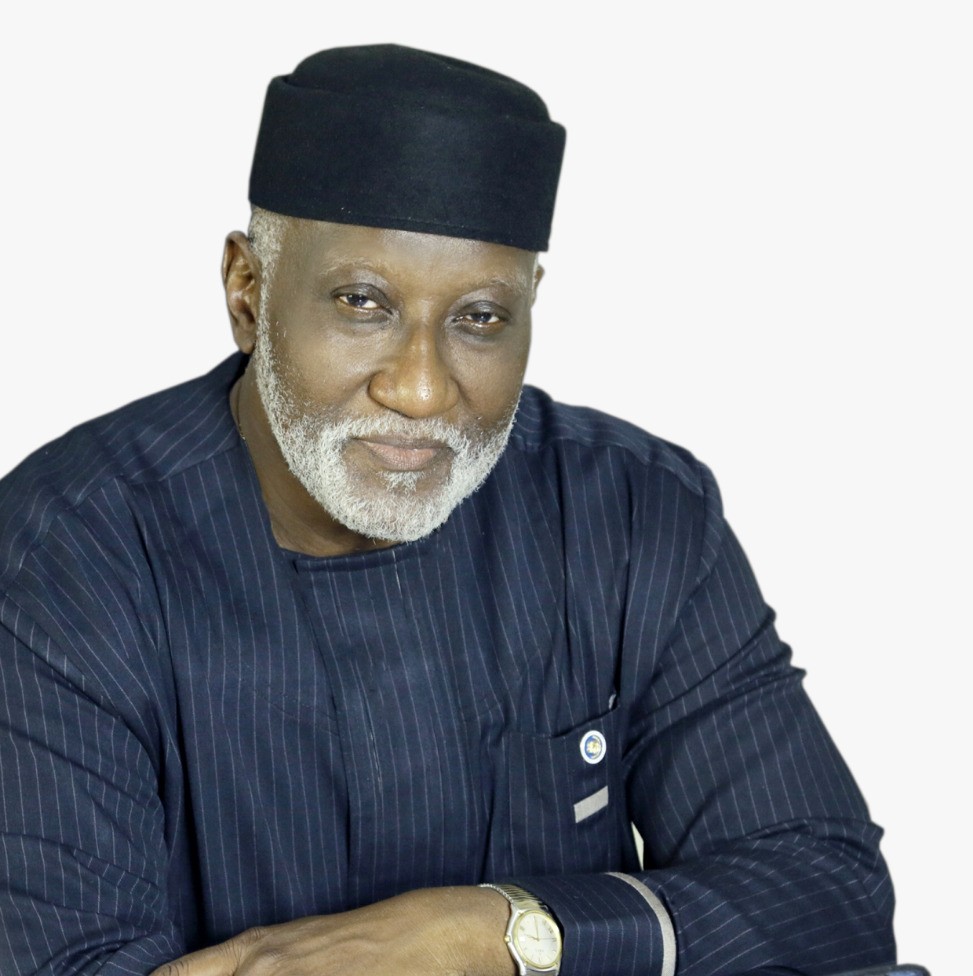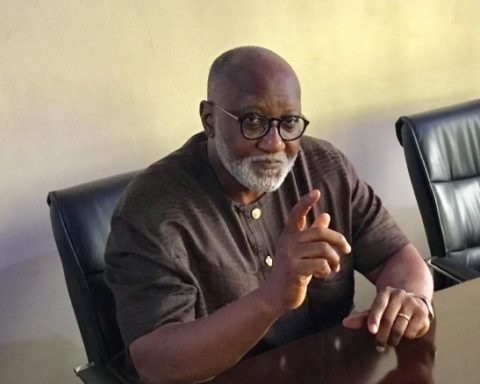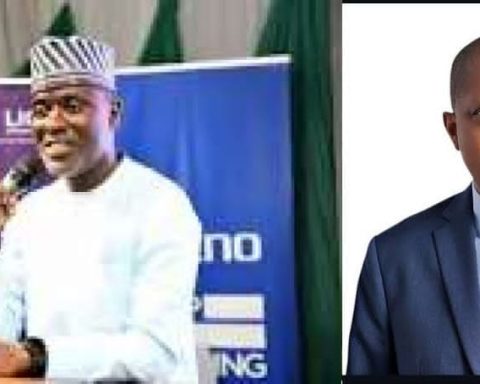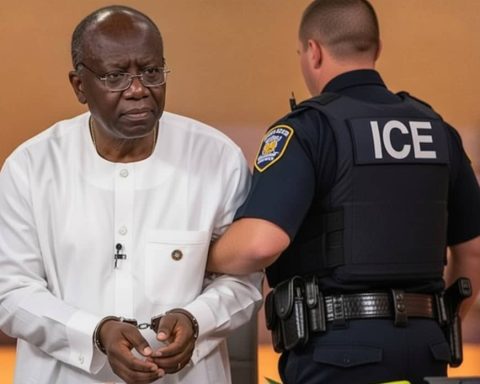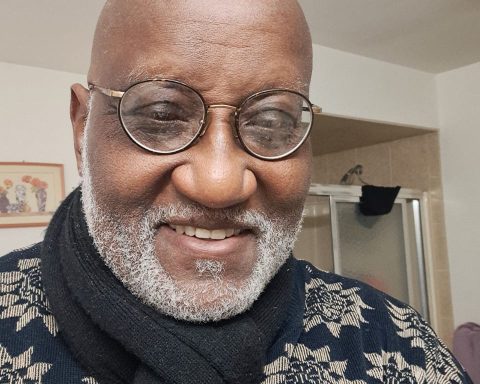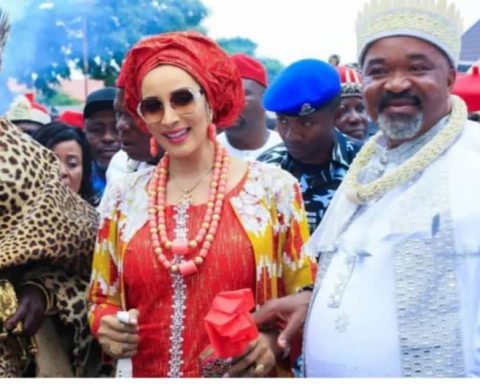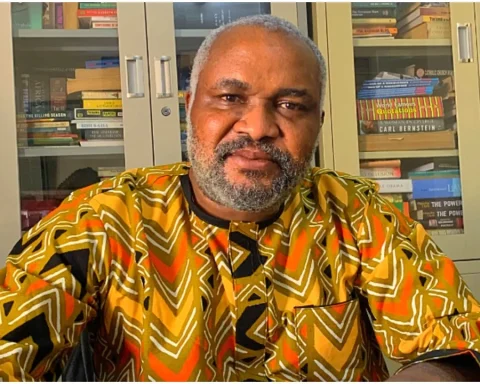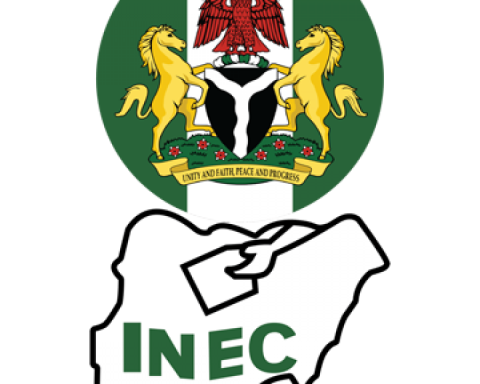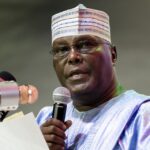Deciphering Nigeria can be depressing. Interrogating her history and present political trajectory can also be disconcerting. That awkwardness is further complicated by the fact that in a nation where governance is now rife with propaganda, the truth is always a conspiracy; and truth tellers, traducers. That disposition did not prevent two recent unvarnished and non-salutary New York Times assessment of the state of Nigeria. Both pieces represent a reality check and the proverbial handwriting on the wall. Despite the pushback by the ruling APC government, what is dawning stealthily on Nigerians is that Nigeria’s long-forecasted implosion might actually be self-fulfilling. Put differently –Nigeria is not too big to fail.
While the Nigerian government recently marked the 25th anniversary of Nigeria’s return to participatory democracy with bizarre fanfare; in reality, democracy in Nigeria is in auto-reverse. For majority of Nigerians, these uncommon times underpin the tribulation confronting a vastly emasculated nation. Nigeria’s fate this past year, belie the triumphalism of those who eerily coveted the promise of “renewed hope” with a sense of near eschatological recompense at the cusp of the 2023 presidential elections. Now, that the incumbent government suffers from legitimacy and incompetence crisis, the “Had we known” is routinely expressed; hardly ever whispered anymore in deference, denial or fear. For Nigerians, reality bites; and “we are hungry” is as much a national refrain as “Nigeria we hail thee.”
Join our WhatsApp ChannelYet, the past one year in the nation’s life, has been most instructive; for all comers. Egregiously missed opportunities and biting lessons learned, run in tandem on a lengthy swath of parallel tracks of introspection and retrospection. Bitterness, regrets and consternation are commonplace as is denial and myopia, fraught by excessive excuses, hypocrisy, impunity, recriminations and cocoon-like insularity. The period has also been markedly an era of revelation and conversion for some primordial recidivists. Acquiring power by stealth, has an anecdotal slant that parodies the famous song; “Now that we found love what are we going to do with it?” For some still realistic APC aficionados, the question seems to be: “Now that we found power, what are we going to do with it?”
READ ALSO: Bayo Onanuga’s Lame Reply To New York Times
Presently, nation building is halting, as the pangs and pains of a traumatized nation are broadly felt. The rich and poor now share a common bucket list of deprivation, insecurity, bloodletting, decrepit and crumbling infrastructure and dissembling leadership ineptitude. It’s now crass to think of the grass being greener on the other side. Sadly, the present leadership is clearly bereft of a magic wand and their stockpile of political legerdemain is badly depleted. In 2023, 39 percent of Nigeria’s eligible voters presumably voted for the present government. One year later, 84 per cent of the national population is reportedly “dissatisfied” with the present leadership. That speaks volumes. In reality, the “renewed hope” has metamorphosed into hopelessness that comparatively, makes the preceding failed Buhari administration seems like a positive benchmark. Really, karma has a consistent address.
The Nigerian state has like never before been captured by the political elite. The ruling cabal is now ethnic and collegiate. Nigeria’s kakistocracy –personalities, power, prosperity and poverty- challenges are orchestrated by the unaccountable national leadership elite for whom two operational governance modalities are ‘state capture’ and ‘cancel culture.’ Invariably, that has made Nigeria a case study and attestation of how nations fail.
READ ALSO: Democracy Day: Nigeria In A Classical State Capture – Obi
In a brilliant and compelling book by Daron Acemogul and James A. Robinson titled, ‘Why Nations Fail’, Nigeria is clustered with some nations, where weak institutions combine with “extractive political institutions” that “tend to create a vicious circle because they provide no line of democracy against those who want to further usurp and misuse the powers of the state.” Contextually, think of NASS, INEC, NNPC, and the CBN and of course, the Judiciary. Seemingly apropos of Nigeria, the point was also made that “creating unconstrained power and great income inequality, increase the potential stakes of the political game. Because whoever controls the state becomes the beneficiary of this excessive power and wealth that it generates, extractive institutions and create incentives for infighting in order to control power and its benefits…” Hitherto, the lack of equity in power and resource sharing had been contentious grounds in Nigeria; now the roots of our collective discontent lie in the shared commonality of expansive multi-dimensional poverty and broad-based deprivation of resources, amenities and the commonwealth. Our growing begging culture and demand-and-give nexus between the rich and poor makes this shared commonality tangible and palpable.
The crux of our dilemma is that regardless of ethnicity, political tendency and ethnic or religious persuasion, Nigeria is still occupied predominantly by post-millennial EndSARS youths in search of a new viable nation they collectively believe is attainable. They seek a nation they can be proud of; a nation reflective of the good old days, where “tribe and tongue may differ,” yet there was manifest brotherhood across regions and across the confluences. Their unyielding commitment and quest to wrest Nigeria from aged analog geriatrics subsists, front and centre. That itself is acute grounds for inter-generational conflict across ethnic and religious divides.
The overarching job of Nigeria’s elected leaders, especially the president and commander in chief, is the responsibility to protect Nigerian citizens by keeping Nigeria safe. That task, by any assessment, has unfortunately been abandoned. Nigeria’s farms and bread baskets have been abandoned due to insecurity and visceral violence against local populations. A corollary is that Nigeria is gradually creeping toward food insufficiency and widespread hunger. Non-state actors now control or dominate pockets of territories nationwide. Nigeria’s means of sustainable production and manufacturing is being decimated daily, with the exit of multinational companies. Such corporate flight is accompanied by intensive capital flight and persistent diminution of the national currency. In lieu of legitimate revenue generation, Nigeria is now sustained routinely by massive oppressive borrowings and endless resort to fiscal ways and means ploys.
The upshot of Nigeria’s reality is that the present government does not behave like an administration confronting a national crisis. Indeed, the ruling government acts and behaves as if they have concluded that the nation will soon implode and as such, are bent on reaping all they can in form of governance largesse, before the final collapse. They spend frivolously; a habit that is quite in conflict with their commitment to cut costs and rationalize bogus government by implementing the Oronsaye Report. Such ostentatious profligacy is contraindicative and belies the government’s inability to negotiate and pay reasonable living wages to the larger national population. It’s becoming hard to contemplate how the ruling APC contemplates going into general elections in 2027, with its past and present recklessness and dismal governance record. Then again, they may have concluded that a second term is not feasible or indeed, that there will be no elections in 2027. Any flawed general election in Nigeria will be an inevitable tripwire. But holding credible elections in 2027 will be contingent on the immediate restructuring of the INEC and the security agencies.
A nation fails, when essentially; it cannot achieve its responsibility to protect its citizens; when pockets of its sovereign territory are controlled by non-state actors, and when every strand of the social contract that binds leaders and the governed stand broken. That is exactly where Nigeria is. It is delusional to think Nigeria is too big to fail. Her implosion if not forestalled, portends grave geo-political and geo-strategic implications that will reverberate well beyond West Africa. Nigeria’s collapse will make the collapse of Libya look like a child’s play. May anarchy and chaos not be our portion!
Obaze is MD/CEO, Selonnes Consult – a policy, governance and management consulting firm in Awka.


